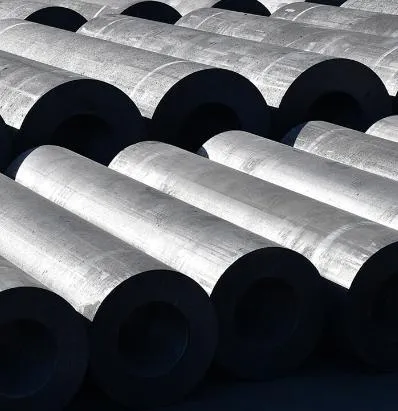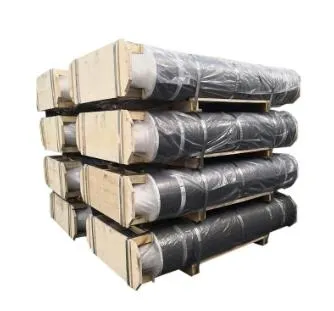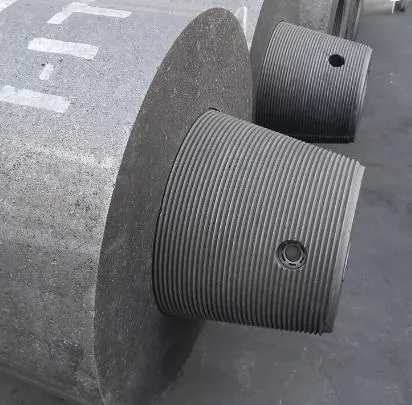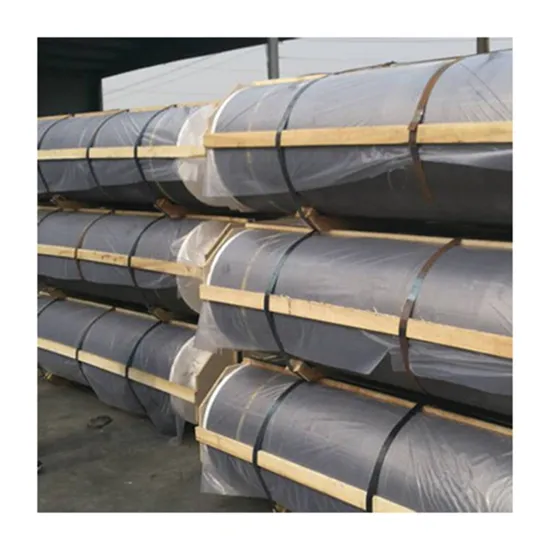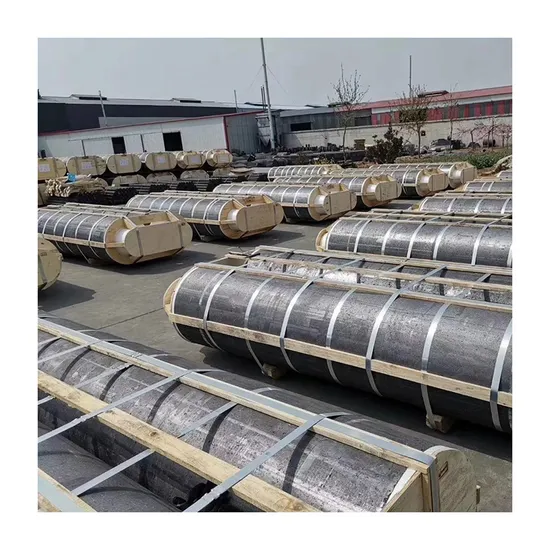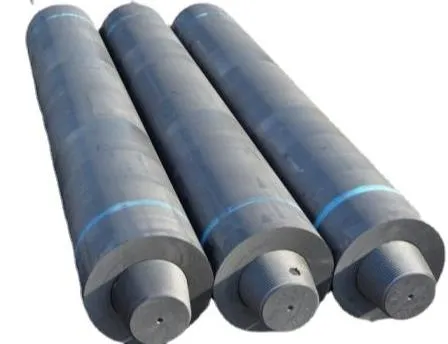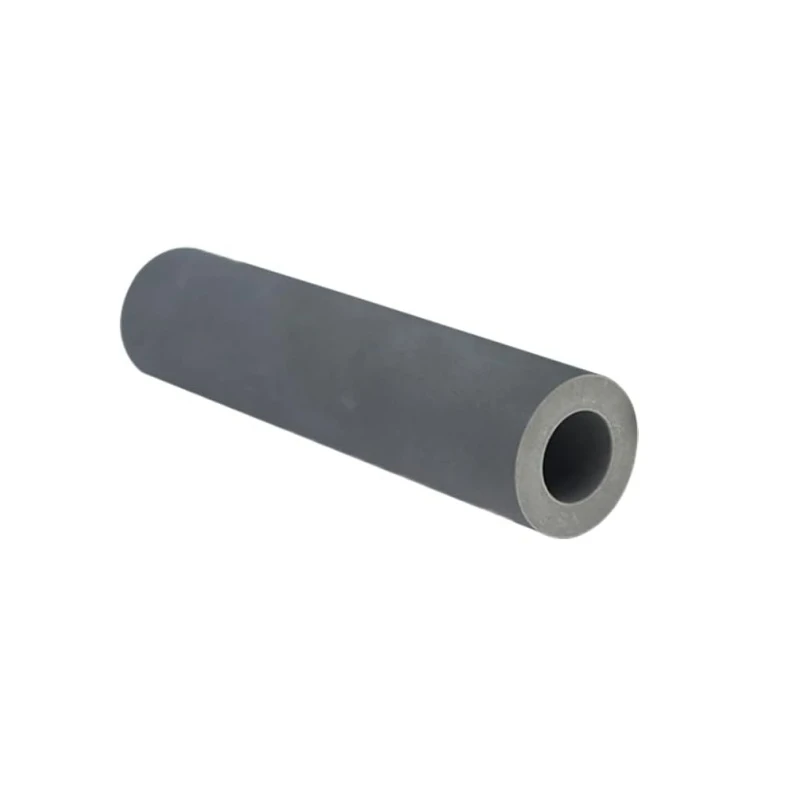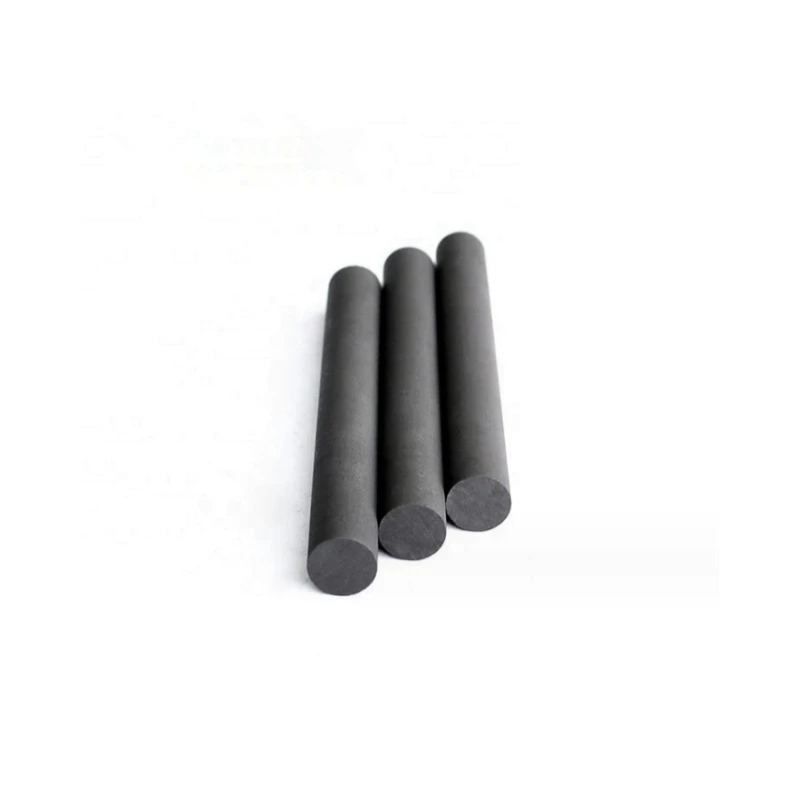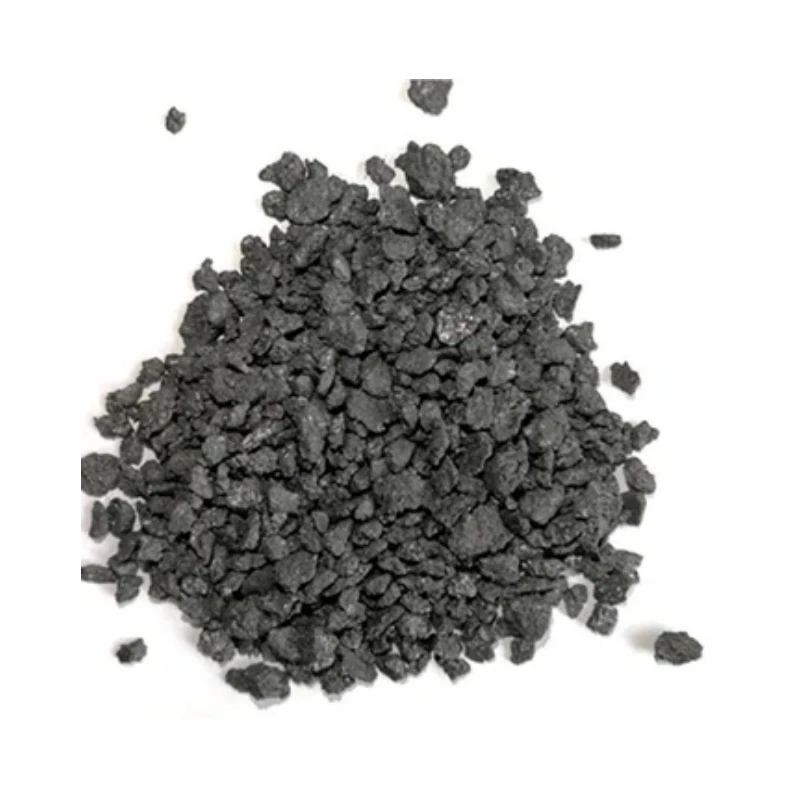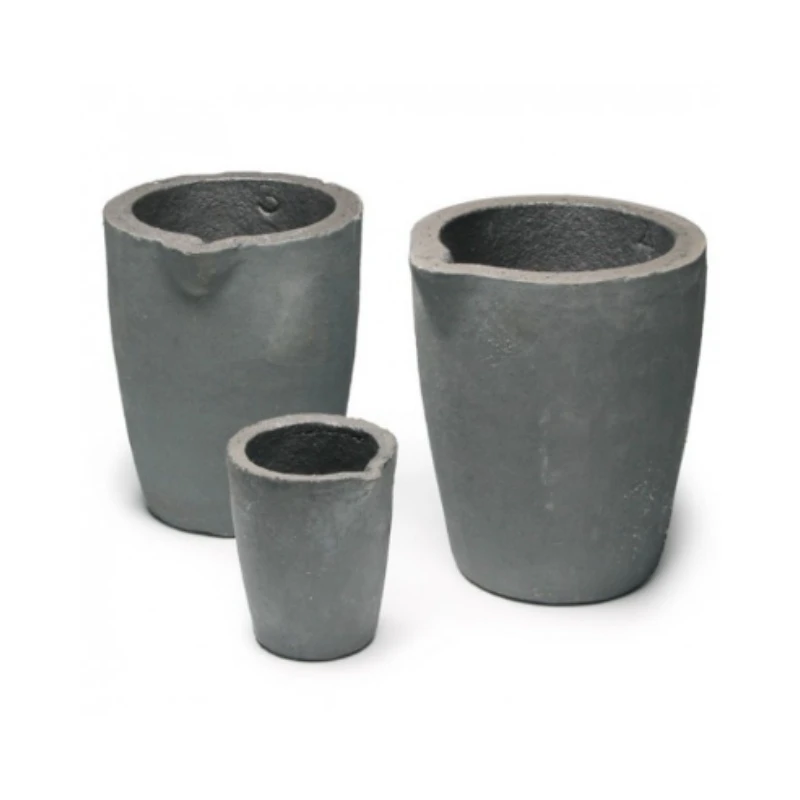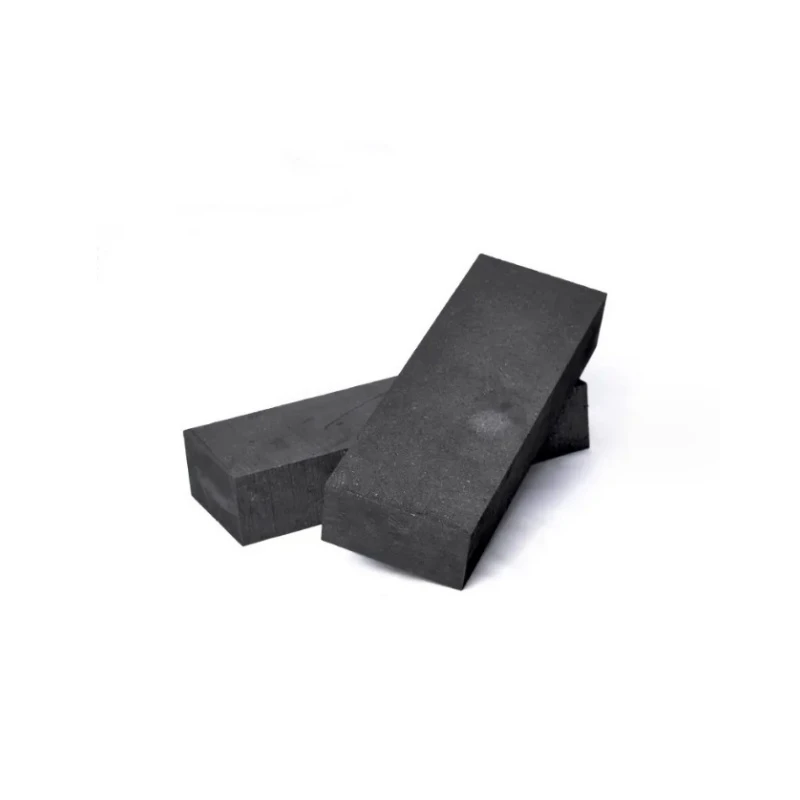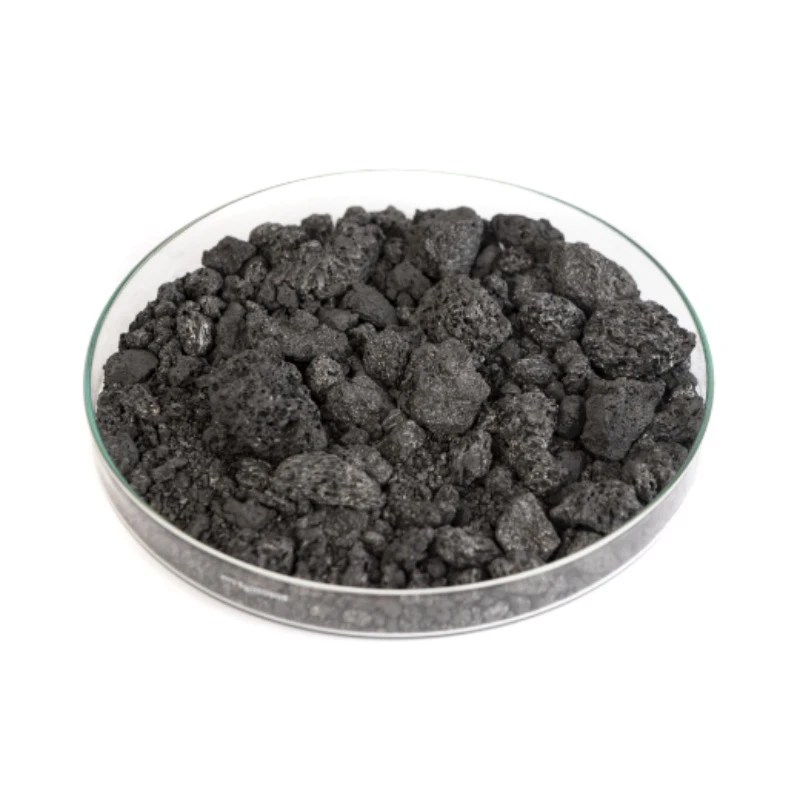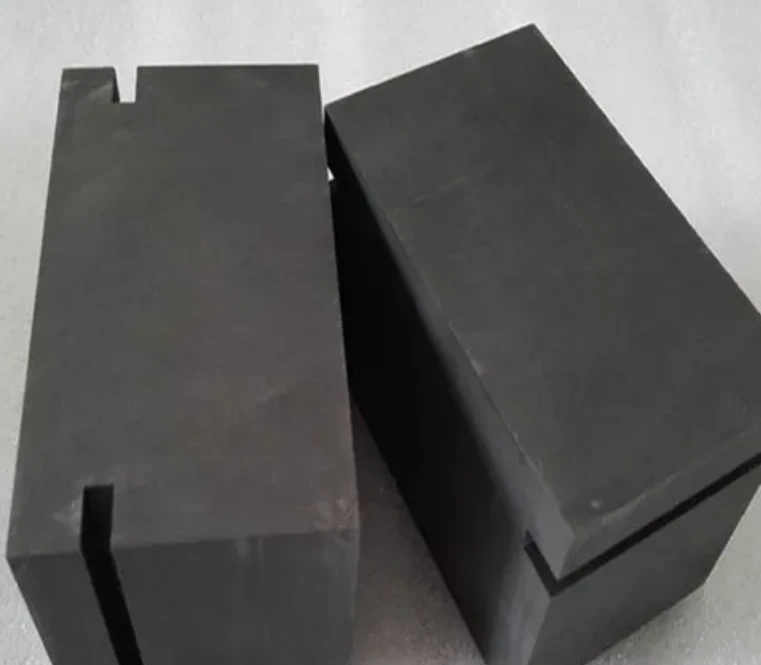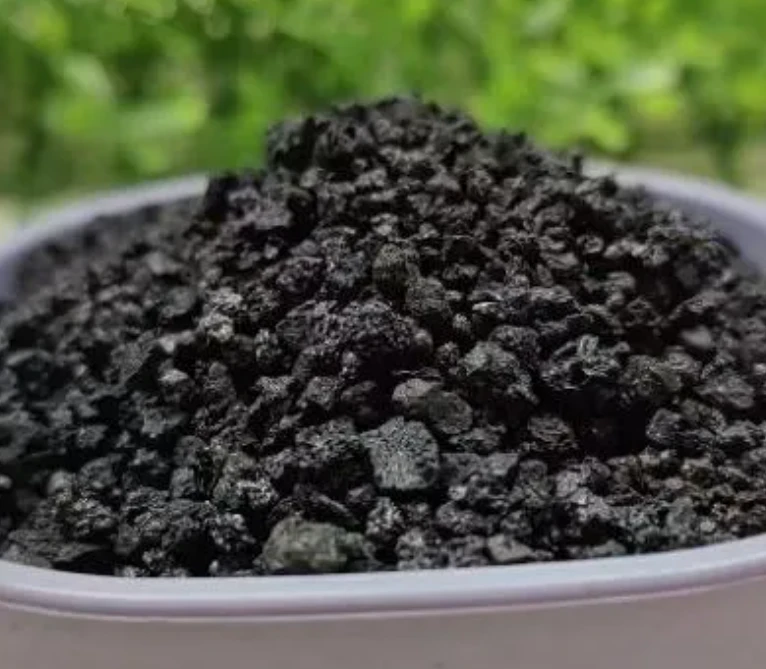- Englist


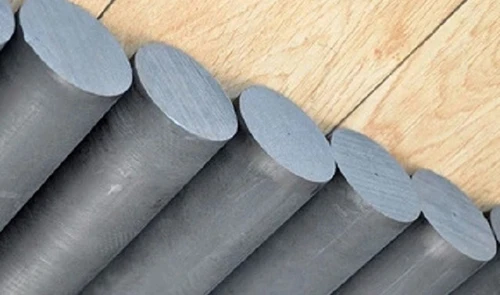
- The Essential Role of Carbon Graphite Blocks in Modern Industry
- Technical Advantages Making Graphite Blocks Superior
- Supplier Comparison: Key Performance Metrics
- Custom Solutions for Casting and Specialty Applications
- Industrial Success Stories: Graphite Blocks in Action
- Material Innovations and Future Applications
- Selecting World-Class Graphite Blocks Suppliers

(carbon graphite blocks)
The Essential Role of Carbon Graphite Blocks in Modern Industry
Carbon graphite blocks serve as indispensable components across global manufacturing sectors, valued at $20.3 billion annually according to industry reports. These engineered materials provide unique solutions where extreme temperature resistance or electrical conductivity is required. During metal casting operations, graphite blocks for casting demonstrate superior thermal management - enabling faster solidification cycles while preventing structural defects. Foundries typically experience 15-22% energy savings when replacing traditional molds with high-density graphite alternatives. Beyond foundries, these blocks form critical elements in aerospace composites, semiconductor manufacturing furnaces, and electrochemical processes where their 3,000°C+ thermal stability outperforms metallic alternatives.
Technical Advantages Making Graphite Blocks Superior
Industrial-grade carbon graphite blocks
deliver performance characteristics unmatched by other materials. Their layered crystalline structure provides:
- Thermal conductivity reaching 120 W/m·K (5× higher than stainless steel)
- Compressive strength exceeding 80 MPa at operational temperatures
- Ultra-low thermal expansion coefficients (4.5 × 10⁻⁶/K) minimizing cracking
The anisotropic nature enables directional thermal management crucial for continuous casting operations. Modern production techniques allow density customization ranging from 1.5 g/cm³ for cost-sensitive applications to 1.88 g/cm³ for vacuum furnace components, with impurity levels controlled below 500 ppm for semiconductor-grade materials. This engineering flexibility allows precise adaptation to industry-specific demands.
Supplier Comparison: Key Performance Metrics
| Supplier | Density Range (g/cm³) | Max Temp (°C) | Ash Content | Lead Time |
|---|---|---|---|---|
| Global Carbon | 1.65-1.85 | 3200 | 0.05% | 8 weeks |
| Thermal Materials | 1.72-1.90 | 3500 | 0.15% | 12 weeks |
| ElectroGraphix | 1.55-1.75 | 2800 | 0.25% | 6 weeks |
Superior suppliers distinguish themselves through specialized capabilities. Premium suppliers maintain certified ISO 9001 production facilities capable of machining dimensional tolerances within ±0.05mm. Unlike standard distributors, they invest in proprietary purification technologies reducing sulfur and metal impurities below 50ppm for corrosive environments. Supply chain resilience is maintained through vertically integrated raw material sourcing - a key advantage during graphite shortages which extended industry lead times by 28% in 2022.
Custom Solutions for Casting and Specialty Applications
Leading graphite blocks suppliers provide tailored engineering for demanding applications. When producing graphite blocks for casting, specific modifications become essential:
- Surface Densification: Proprietary impregnation creates oxidation-resistant surface layers
- Thermal Gradient Design: Calculated density variations direct heat transfer patterns
- Reinforced Edges: Carbon fiber reinforcement prevents edge degradation in continuous operation
For semiconductor crucibles, suppliers developed ultra-clean processing techniques using chlorine trifluoride purification, achieving contamination levels under 10ppm. Petrochemical applications require custom pore structure designs blocking catalyst infiltration while maintaining gas permeability. These solutions typically deliver 22-30% longer service life compared to stock materials.
Industrial Success Stories: Graphite Blocks in Action
A major aluminum producer faced mold warping issues causing 17% scrap rates in wheel manufacturing. After adopting custom-coated graphite blocks for casting:
- Cycle times decreased by 14 minutes per casting
- Mold service life extended from 180 to 600+ cycles
- Annual scrap reduction saved $2.7 million
In aerospace, turbine component manufacturers solved distortion problems during carbon composite curing. Precision-machined graphite tooling blocks with controlled isotropy reduced dimensional deviations by 83% while withstanding 750 autoclave cycles without degradation - far exceeding the 200-cycle capability of conventional tooling.
Material Innovations and Future Applications
Emerging formulations push graphite block capabilities into new frontiers. Laboratory prototypes with carbon nanotube reinforcement show:
- Thermal conductivity exceeding 400 W/m·K at room temperature
- Oxidation resistance at 600°C without protective coatings
- Creep resistance improvements of 60% at extreme temperatures
Energy storage represents the next frontier with research institutions developing graphite blocks as thermal batteries. Integrated phase-change materials between graphite layers enable heat storage densities over 500 kWh/m³ - sufficient to replace conventional batteries for industrial process heat applications. Automotive fuel cell manufacturers are currently testing enhanced graphite bipolar plates promising 12% efficiency gains.
Selecting World-Class Graphite Blocks Suppliers
Choosing competent graphite blocks suppliers requires evaluating technical capabilities beyond basic specifications. Partners should provide metallurgical analysis showing consistent material properties across production batches. Leading suppliers maintain application engineering teams for co-developing solutions - a critical service for specialized graphite blocks for casting molds. For demanding industries, assess the supplier's quality verification protocols including:
- Ultrasonic integrity testing ensuring structural uniformity
- Certified thermal property validation using guarded hot plate methods
- Raman spectroscopy for crystalline orientation verification
Premium carbon graphite blocks suppliers differentiate through full lifecycle support including installation guidance, performance monitoring, and predictive replacement scheduling. Partnering with technically advanced suppliers ensures 12-18 month ROI through optimized process efficiency and reduced downtime.
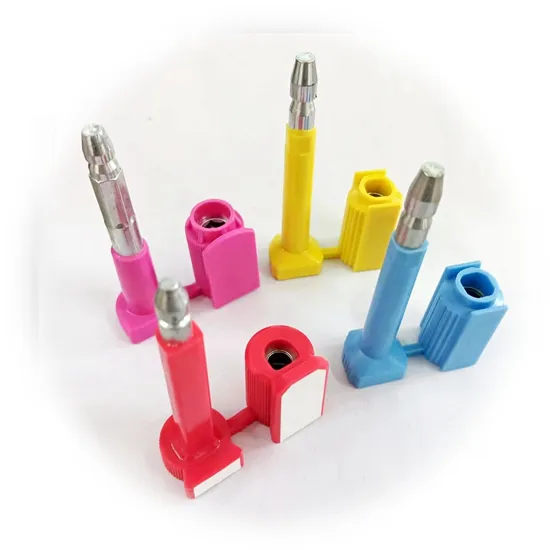
(carbon graphite blocks)
FAQS on carbon graphite blocks
Q: What are carbon graphite blocks?
A: Carbon graphite blocks are solid, durable materials made from compressed carbon and graphite powders. They offer excellent thermal conductivity, corrosion resistance, and high-temperature stability. This makes them ideal for industrial applications like furnaces and electrodes.
Q: How are graphite blocks used in casting processes?
A: Graphite blocks for casting serve as molds or dies in metal casting due to their non-reactivity and ability to withstand molten metals. They ensure smooth surface finishes and reduce defects in cast products. Industries like automotive and aerospace rely on them for precision parts production.
Q: What advantages do graphite blocks offer for casting applications?
A: Graphite blocks for casting provide superior heat resistance, reducing thermal shock and extending mold life. Their low expansion coefficient minimizes distortion, ensuring dimensional accuracy in castings. Additionally, they are easy to machine, saving time and costs in manufacturing.
Q: How can I find reputable graphite blocks suppliers?
A: Search for graphite blocks suppliers through online directories or industry trade platforms. Look for certifications like ISO 9001 to ensure quality materials and reliable delivery. Always request samples and check customer reviews for verified performance.
Q: What industries commonly utilize carbon graphite blocks?
A: Key industries include metallurgy for foundry applications and energy for battery components. They are also essential in chemical processing for reactors and electronics for heat sinks. These sectors value graphite blocks for their efficiency and durability.





 Pervious
Pervious
 Next
Next
